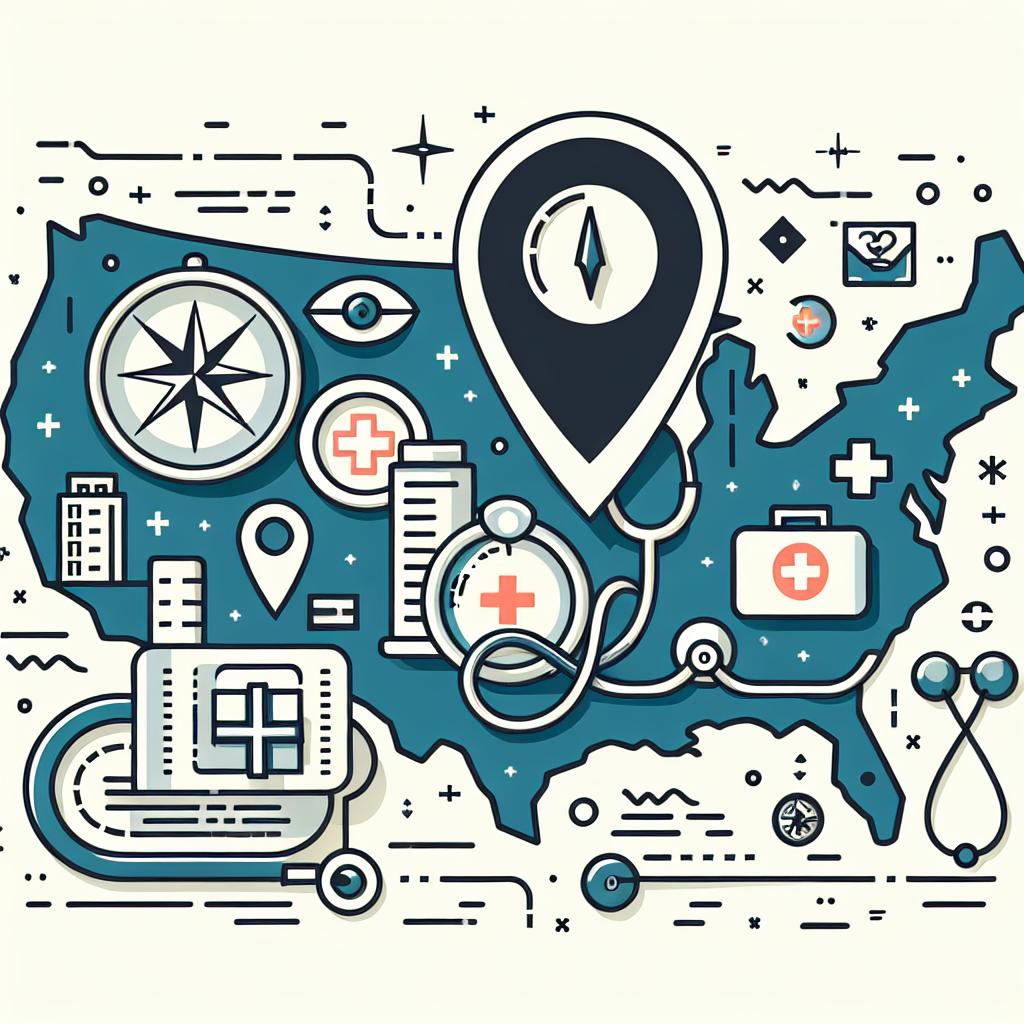Filed under Health Insurance on
Guide to Navigating Out of State Health Coverage

Whether you're relocating temporarily, traveling for work, or embarking on a prolonged vacation, understanding how to navigate out of state health coverage is paramount. This comprehensive guide will uncover the essential aspects of managing your health insurance when crossing state lines, ensuring you're prepared for any medical necessities.
Understanding Out of State Health Coverage
Health insurance plans are typically designed to cover you within a specific service area—often defined by state boundaries. However, when you travel out of state, navigating this coverage can become intricate. It's crucial to grasp how your specific insurance plan operates outside your regular area.
Key Challenges of Out of State Coverage
- Network Limitations: Most insurance plans have a network of providers with whom they have negotiated costs. These networks are often not as extensive—or existent—out of state.
- Differing State Regulations: Health insurance requirements can vary significantly between states. What’s covered in one state by your plan may not be covered in another due to distinct state insurance laws.
- Emergencies vs. Routine Care: Emergency medical services are typically covered, but routine care out of state might not be, or it could incur higher out-of-pocket costs.
Steps to Take Before You Travel
Preparation is key when managing out of state health coverage. Here's a step-by-step approach to ensure you're not caught off guard:
Review Your Insurance Policy
Start by diving into the details of your insurance policy. Look for sections that discuss out of state health coverage. Pay special attention to any emergency services clauses and check the list of network providers outside your home state.
Contact Your Insurance Provider
A direct conversation with your provider is often the most efficient way to clarify doubts. Ask about:
- Network providers available in the state you're traveling to.
- Coverage details for both emergency and non-emergency situations.
- The process for filing claims from out of state.
Consider Short-Term Health Insurance
If your travels are temporary, investigate short-term health insurance options. These plans can provide essential coverage during your time out of state and may also be a cost-effective solution.
Dealing with Emergencies Out of State
When assessing out of state health coverage, emergencies often top the list of concerns. Here's how to handle such situations:
Use In-Network Providers if Possible
If an emergency arises, attempt to use in-network facilities and providers. This might not always be feasible, but it typically results in lower costs.
Understand Emergency Care Regulations
The 'Prudent Layperson Standard' under U.S. law mandates that insurance plans cover emergency services regardless of network status. Make sure you understand how this applies to your insurance policy.
Non-Emergency Medical Needs
Non-urgent medical care can be trickier when it comes to out of state health coverage. Here's what you should know:
Telemedicine Services
Virtual healthcare is gaining popularity and can be a valuable tool out of state. Telemedicine often provides a convenient alternative for consultations that don’t require in-person visits.
Identify Urgent Care Clinics
Research and list urgent care clinics near your location. These clinics can often provide non-emergency services at a lower cost than emergency rooms, even when out of network.
Long-Term Relocation and Health Insurance
If your move is permanent, re-evaluating your entire health insurance situation becomes necessary:
Enroll in a New Health Plan
Begin by determining the health insurance marketplace in your new state. Special enrollment periods are triggered by moves, allowing you to select a new plan that fits your needs.
Transfer Medical Records
Ensure your medical records are transferred to new healthcare providers in your area. This helps maintain continuity of care when establishing relationships with new doctors.
Consider Medicaid or Medicare Changes
If applicable, investigate how Medicaid or Medicare policies may differ in your new state and make necessary adjustments to your coverage.
Expert Opinions and Latest Industry Trends
Healthcare experts continue to emphasize the importance of understanding your health coverage when traveling. According to a study by the Kaiser Family Foundation, many Americans are not fully aware of the limitations of their health insurance when out of state. Industry trends point towards an increase in temporary and flexible health plans as travel becomes more common.
Telemedicine, in particular, has seen a rapid rise and adaption in services, providing greater accessibility for out of state travelers. This is supported by the Center for Connected Health Policy, which notes that telehealth regulations are becoming more standardized across states, improving access to care.
Conclusion
Navigating out of state health coverage doesn't have to be overwhelming. By proactively understanding your insurance plan and preparing for different scenarios, you can ensure your health needs are met regardless of where you are. By staying informed and adapting to the latest trends, you can maintain your peace of mind on your travels.





